Trending Now
Sunday, Nov, 2024
Home / UGC: No Entrance Tests For Foreign Students & 25% Additional Seats
UGC: No Entrance Tests For Foreign Students & 25% Additional Seats
Education Ministry and the University Grants Commission (UGC) are not taking initiatives for the admission of international students only but also in the field of FRRO- Foreigners Regional Registration Office and visas comprehensive facilities are being made accessible to such students. Twenty-five percent of additional seats are being created for international students in educational institutions.
 by Pragti Sharma /
by Pragti Sharma /  22 Aug 2022 17:15 PM IST /
22 Aug 2022 17:15 PM IST /  0 Comment(s) / 247
0 Comment(s) / 247

Image Courtesy : www.ugc.ac.in
Twenty-five percent of additional seats are being created for international students in educational institutions. The students from foreign countries will not have to undergo the procedure of appearing for entrance tests, and those with foreign passports will be considered foreigners.
Indian students who live abroad with foreign passports will also be eligible to take admission to reputed higher educational institutions across India without appearing for entrance tests.
Even though students from foreign countries will not have to give entrance tests, a fixed admission process is being formulated, which will be completely transparent. Keeping in mind the interests of international students, higher education institutions will have to set up an office of international affairs.
Education Ministry and the University Grants Commission (UGC) are not taking initiatives for the admission of international students only but also in the field of FRRO- Foreigners Regional Registration Office and visas comprehensive facilities are being made accessible to such students.
Single point contact is being installed for the registration of international students along with e-FRRO or FRRO. UGC approved higher education institutions across the country to create 25 percent additional seats. On August 18, the UGC, in its 560th meeting, gave its approval along with guidelines for admission of international students and supernumerary seats in undergraduate and postgraduate programmes in India. These seats refer to those over and above the authorized intake approved by the relevant authority and the government.
The aim of allowing higher education institutions to extend seats for international students is to enable smooth and straightforward admission of students to higher educational institutions in India, to develop a helpful environment for Indian higher education to lure international students, and to make India a preferred destination for all.
M. Jagadesh Kumar, Chairman of UGC, told IANS that the higher educational institutions would be allowed to admit international students via a transparent admission procedure which will be the same as being followed by foreign universities. International students do not have to go through the admission process for taking admission to higher educational institutions in India. As per the statement by the UGC Chairman, all higher education institutions will have an office for international affairs that will be responsible for carrying out various activities.
These activities include the dissemination of information connected to the admission procedure of international students, brand-building campaigns abroad, facilitating networking with fellow students, looking after the accommodation of the students, coordination of all matters relating to foreign students, redressal of grievances of international students, and providing all possible help to students to adapt to the new cultural environment.
Chairman stated that the Internationalisation of higher education is a necessary element of the National Education Policy 2020. Opportunities to lure international students, academics and funding are expanding, and many Indian Higher Educational Institutions are now committed to increasing their reach. To enable the internationalization of Indian higher education institutions, the UGC has formulated guidelines for the admission and the creation of additional seats for international students.
The National Education Policy 2020 foresees a new and forward-looking vision for India's higher education system. It applies the foundation for the much-required transformation and overhaul of the present education system by focusing on crucial issues such as multidisciplinary, equity, access, and holistic and value-based education.
According to the information by the UGC, the Indian higher education system is one of the enormous in the world, and such a vast system has led to transformation, including the areas of funding, accountability, leadership, management, quality of education delivery, and teaching-learning and education. There is a requirement to change the system or processes for higher education sectors.
News source: India Tv

EShort / February 16, 2024
IMS Noida Admissions 2024: Apply for UG, PG programmes

EShort / February 16, 2024
GATE 2024: Response sheet out

EShort / February 16, 2024
BSSTET 2023: Admit card released

EShort / February 16, 2024
NID DAT 2024: Prelims result released

EShort / February 16, 2024
IIT JAM 2024: Response sheet released

Jobs / February 16, 2024
UPSC Recruitment Drive 2024: Apply for 120 vacancies in various departments

EShort / February 14, 2024
UPSC CSE 2024: Official Notification issued; application process begins

Editor's Desk / April 17, 2020
How Does Society Impact Our Education?
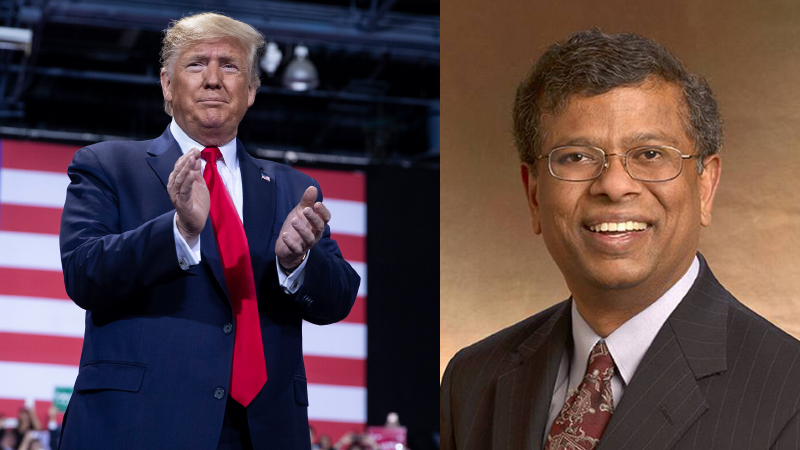
Current Affairs / April 22, 2020
Mr. Sudarsanam Babu appointed to U.S. Science Board.
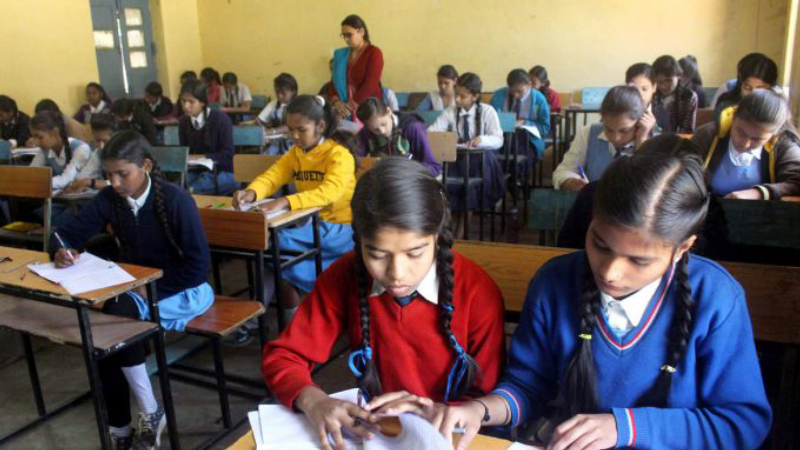
Reforms / April 17, 2020
Traditional Structure of Education In India
.jpg)
Events & Seminars / April 17, 2020
PISA!!
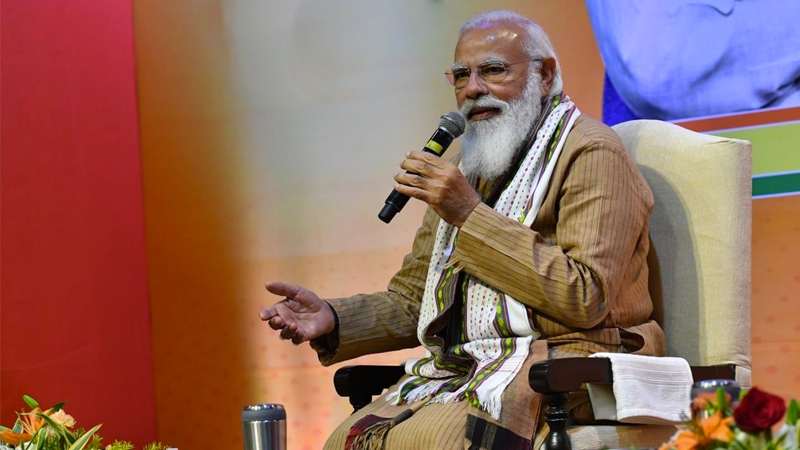
Blog / February 26, 2021
Government's Action On #ModiRojgaarDo

EShort / May 19, 2022
CUET PG 2025 has started the registration process.

Notice Board on Important Dates / April 21, 2020
World Heritage Day

News / July 08, 2021
JEE Mains Registration For Session 3: Last Date To Apply

EShort / December 14, 2021
UPSC Declared Final Result For DCIO Recruitment



 Program 2024 for Financially Disadvantaged Students-02.png)


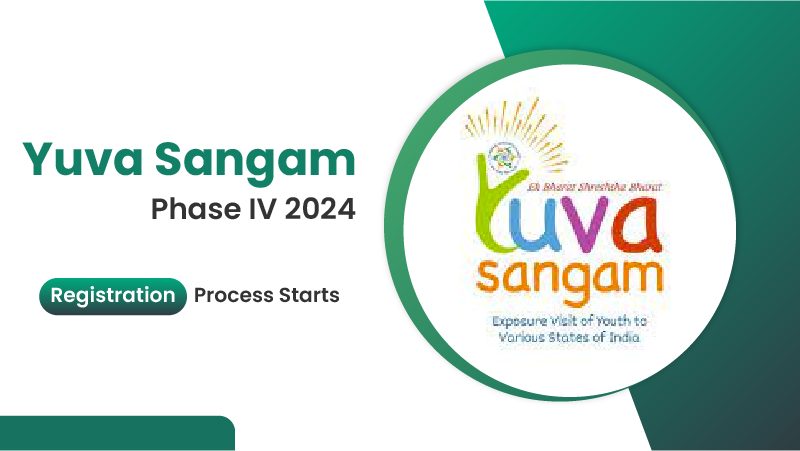
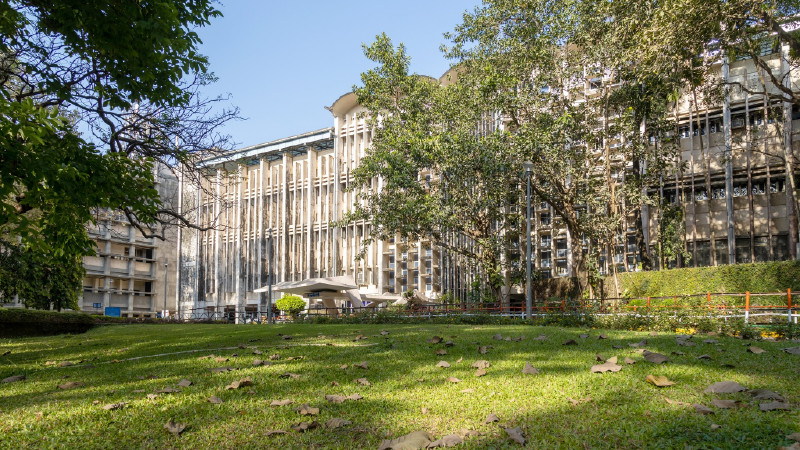




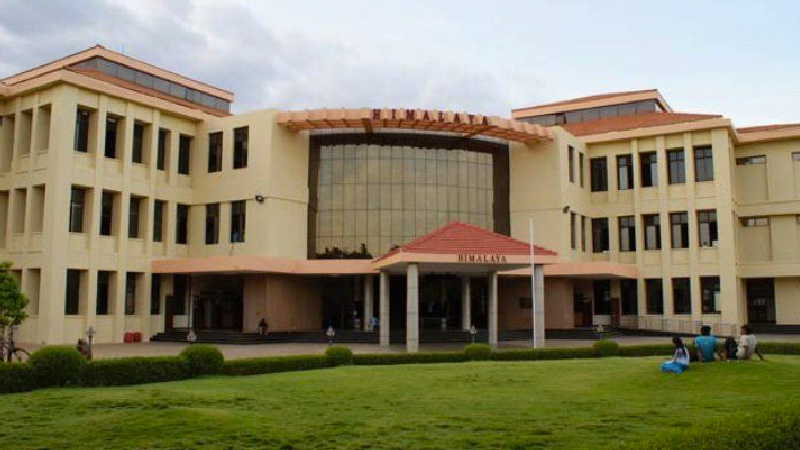
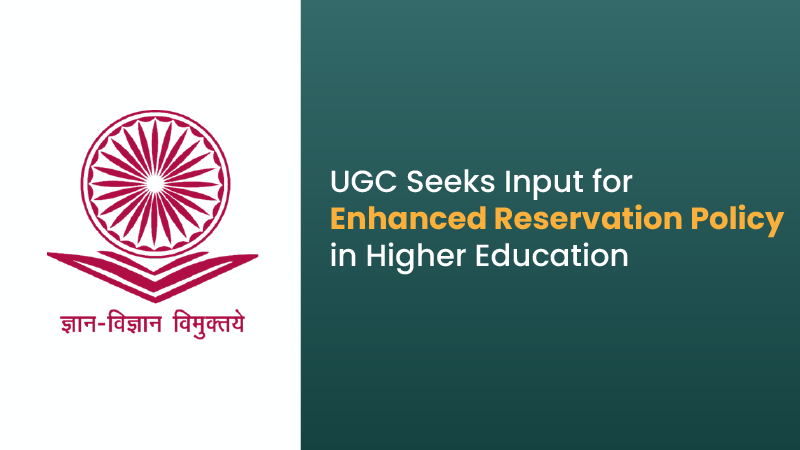





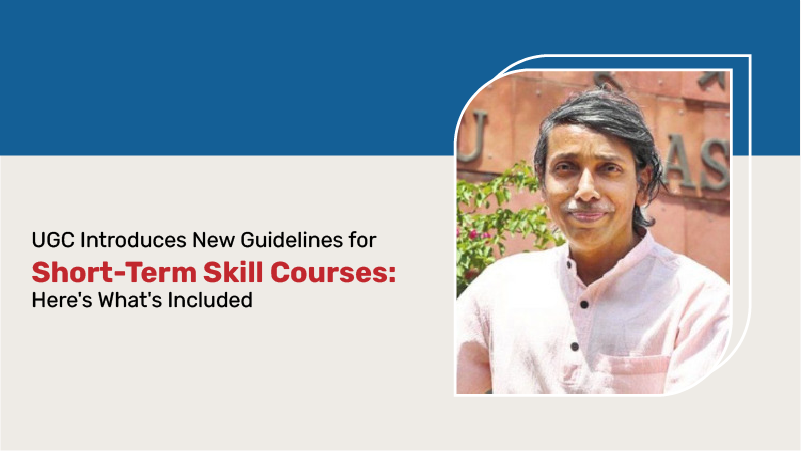
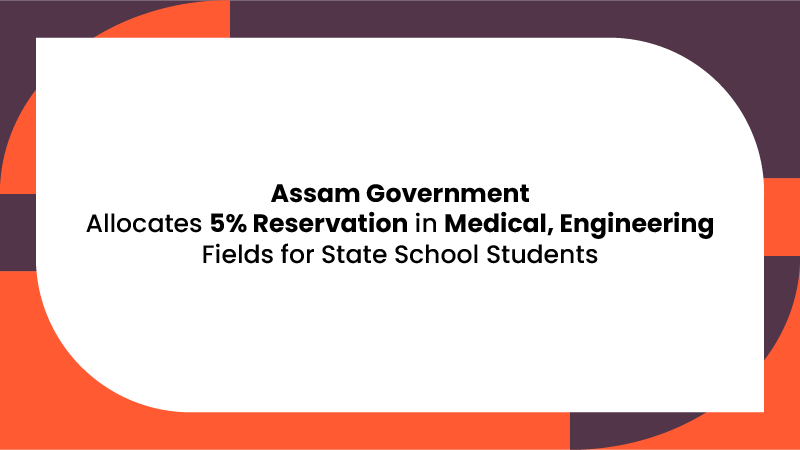

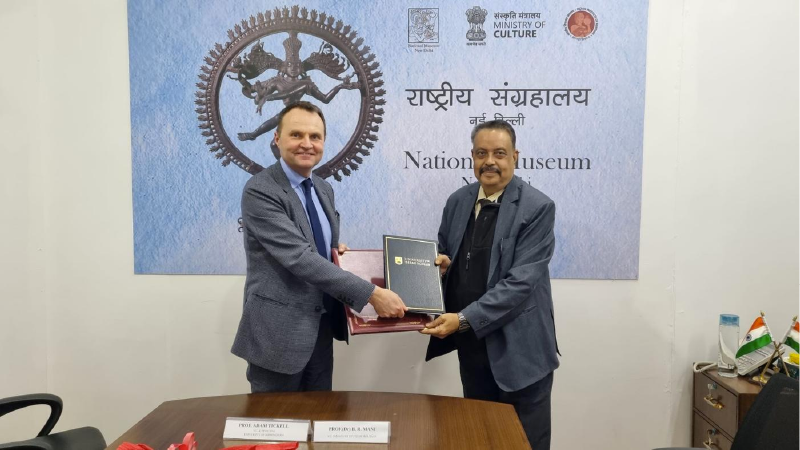
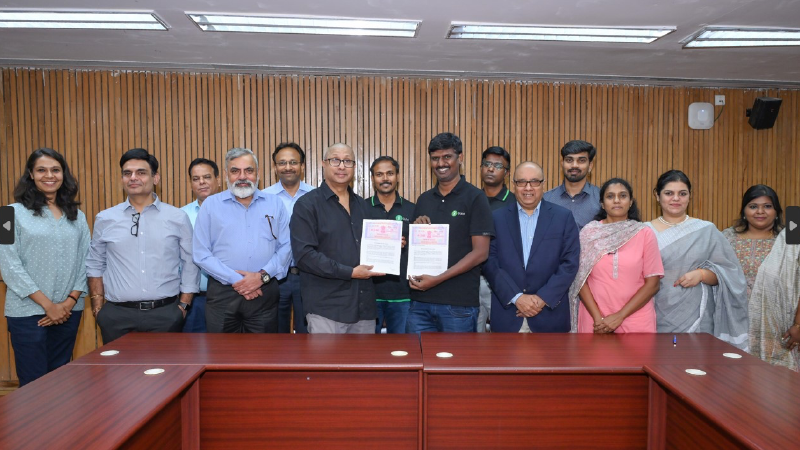
0 Comments
Post Comments